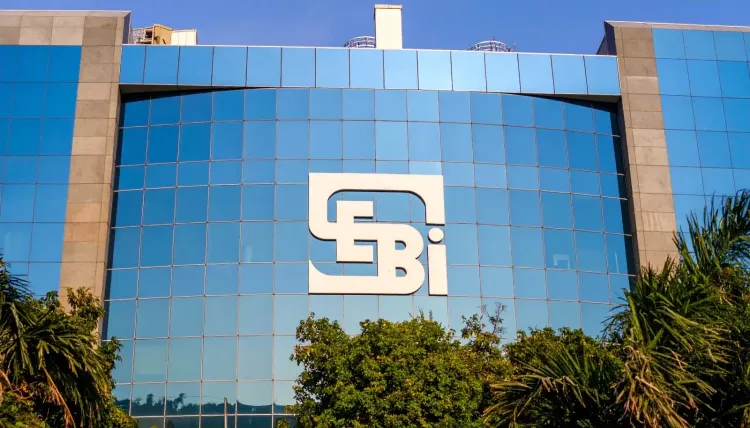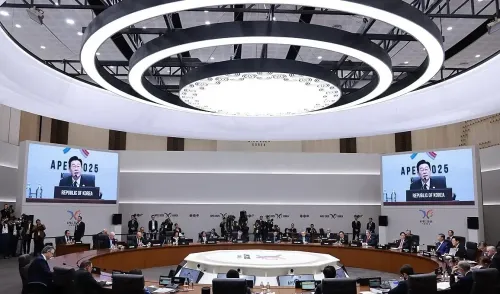Is SEBI Planning a Major Overhaul in Mutual Fund Regulations?

Synopsis
Key Takeaways
- SEBI proposes a reduction in brokerage fees.
- Cost structures for AMCs will be tightened.
- Performance-linked TER framework will be introduced.
- Expense disclosures will become clearer for investors.
- All NFO-related expenses will be borne by AMCs.
Mumbai, Oct 29 (NationPress) The Securities and Exchange Board of India (SEBI) is set to introduce significant revisions to the management of mutual funds across the nation. The market regulator's goal is to reduce brokerage expenses, enhance the clarity of fee disclosures, and streamline investor charges.
In a recent consultation paper evaluating the 1996 Mutual Fund Regulations, SEBI has proposed stricter cost structures for Asset Management Companies (AMCs), aiming to ensure that more advantages are passed directly to investors.
A key proposal involves drastically reducing brokerage and transaction fees associated with mutual fund schemes.
SEBI has recommended capping brokerage for cash market transactions at a mere 2 basis points (bps), a decrease from the current 12 bps. For derivatives, the cap will be slashed from 5 bps to just 1 bps.
Another significant change includes the elimination of an additional 5 bps expense that AMCs have been permitted to charge on their total assets under management (AUM) since 2018.
In compensation for this alteration, SEBI has suggested a 5 bps increase in the base Total Expense Ratio (TER) slabs for open-ended active schemes.
To enhance expense disclosures, SEBI has proposed that taxes and governmental charges, such as Securities Transaction Tax (STT), Goods and Services Tax (GST), and stamp duty, should not be included in the mutual fund expense ratio.
Instead, these costs will be displayed separately and billed directly to investors. Consequently, the TER will solely represent what fund managers charge for overseeing investors' funds, while taxes will appear as a distinct cost.
Furthermore, SEBI has proposed the introduction of an optional performance-linked TER framework. This would enable AMCs to adjust their fees based on fund performance.
Additionally, SEBI intends for all expenses related to New Fund Offers (NFOs) — incurred until unit allotment — to be absorbed by the AMC, not the scheme itself.
This initiative aims to ensure heightened cost accountability and safeguard investors’ interests.
If these reforms are enacted, they could lead to more transparent, cost-efficient, and equitable mutual fund investments for millions of investors throughout India, experts believe.









